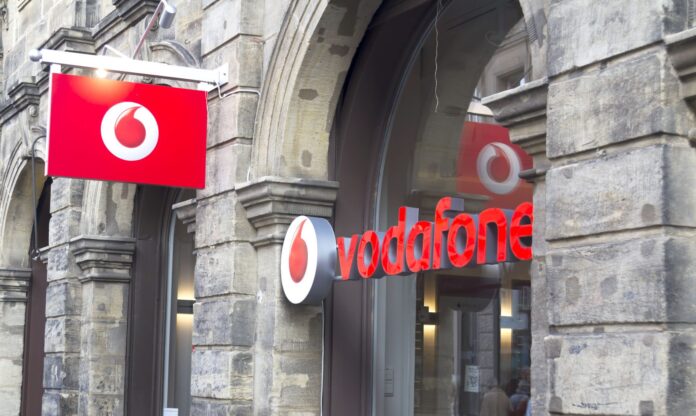The new technology combines MIMO with multiuser beamforming
U.K. telecommunications operator Vodafone and Chinese vendor Huawei are conducting technical trials of “4.5G” (TDD+) with LTE TDD, to increase the capacity and efficiency of its 4G network in urban areas.
In Manchester, the companies are currently testing new 4×4 multiple-input multiple-output techniques eight-way transmit and receive, together with multiuser beamforming.
By combining MIMO with beamforming, the telco will be in a better position to focus customers’ mobile signals in specific directions to ensure the best user experience and minimize interference during peak times in highly populated areas. With this 4.5G technology, more signal reaches more subscribers, particularly at the edge of the base station coverage, in order to provide higher average speeds across the network.
“We are working hard with our radio network equipment partners to ensure our network is future-proofed for the expected arrival of ‘5G’ in four to five years’ time, whilst continually improving our 4G performance for customers throughout the U.K.,” Vodafone UK’s CTO, Jorge Fernandes, said.
Huawei LTE TDD president, Veni Shone, said: “This joint innovation with Vodafone has proved that 4.5G is a good solution to release the potential of TDD spectrum and will help Vodafone build the most advanced LTE network available. The newly deployed LTE TDD network immediately serves the LTE TDD-capable commercial smartphones and successfully carries significant live network traffic,” he added.
Vodafone UK ended the second quarter of this year with 7.5 million subscribers in the 4G LTE segment. The telco’s LTE network currently covers 95% of the U.K.’s territory. Vodafone UK offers 4G through spectrum in the 800MHz, 1800MHz, 2.1GHz and 2.6GHz bands.
Ericsson deploys small cell solutions for XL Axiata in Indonesia
In related news, Indonesian operator XL Axiata has selected Swedish vendor Ericsson to deploy an LTE and Wideband Code Division Multiple Access indoor small cell solution based on the Ericsson Radio Dot System and Ericsson Micro Remote Radio Unit. This deployment will enable XL Axiata to expand indoor app coverage and network capacity.
The initial rollout will take place at Jakarta International Airport and will represent the first commercial implementation of its kind in Indonesia. Ericsson said it also is providing turnkey project management, design, implementation and tuning services.

